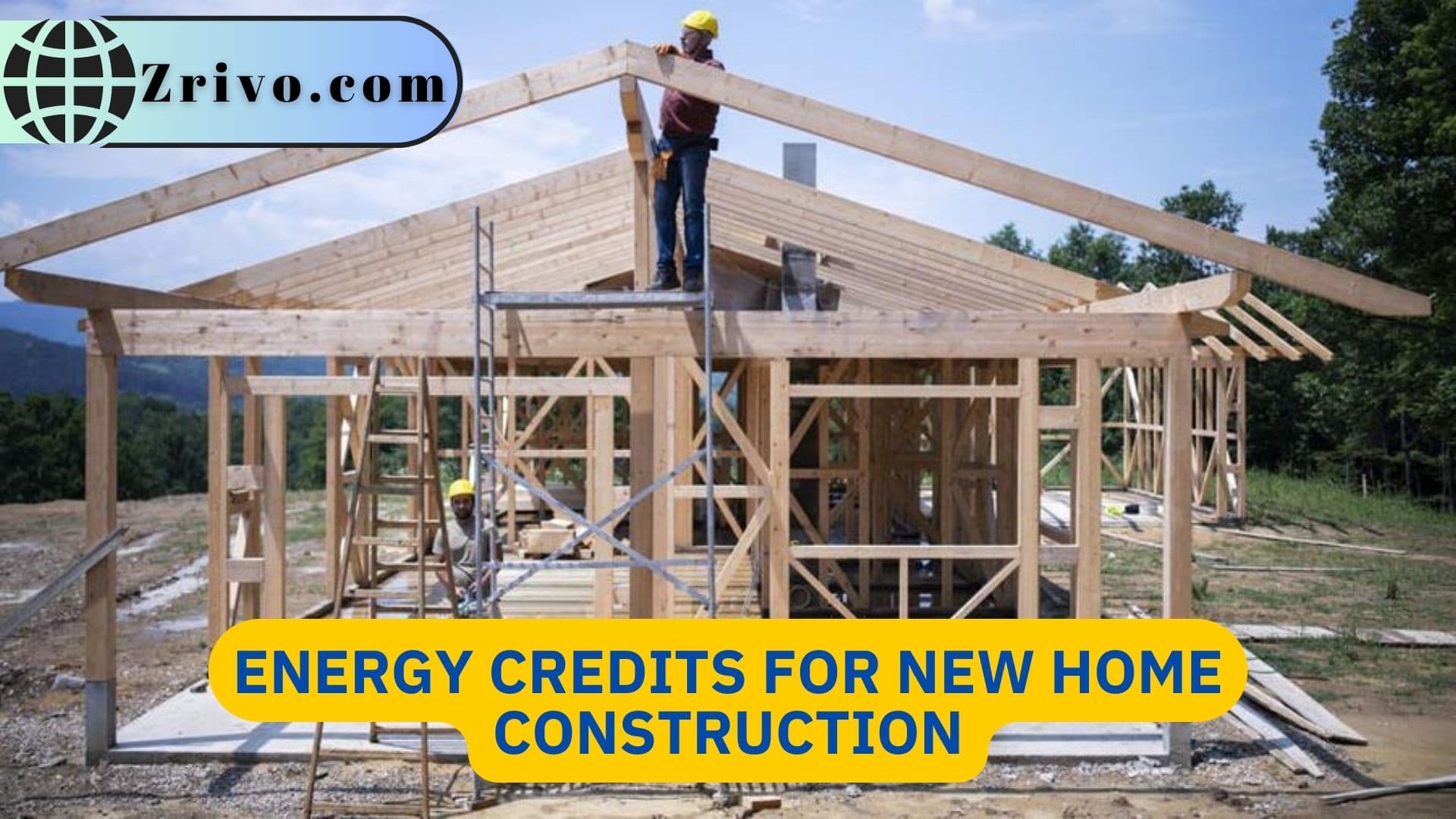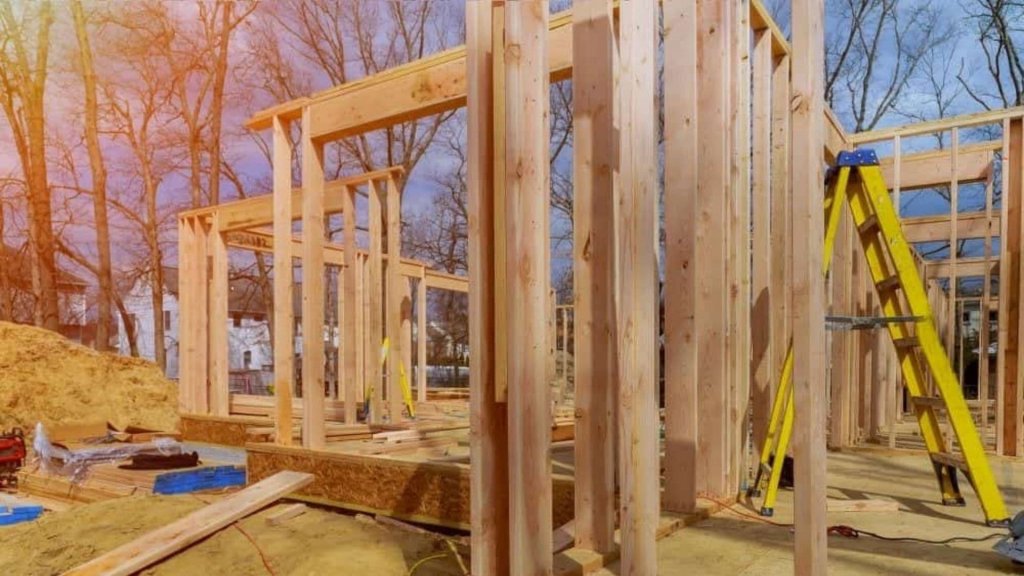
Individuals who build a new home that meets certain energy-efficient criteria may be eligible for a tax credit under the Residential Energy Efficient Property Credit (REEP). This credit provides a 26% tax credit for the cost of qualified solar electric systems, solar water heaters, small wind turbines, and geothermal heat pumps. Additionally, homeowners who install qualified energy-efficient equipment, such as insulation, windows, doors, and roofs, may be eligible for a tax credit under the Nonbusiness Energy Property Credit. This credit provides a 10% tax credit for the cost of qualified energy-efficient improvements, up to $500.
Energy-Efficient New Homes Tax Credit for Home Builders
Home builders who construct energy-efficient new homes may be eligible for the Energy-Efficient New Homes Tax Credit. This credit provides a tax credit of up to $2,000 for homes that meet certain energy-efficient criteria. To be eligible for this credit, homes must be certified by a qualified third-party as meeting the energy-efficient standards set forth by the Internal Revenue Service (IRS).
The energy-efficient criteria include a reduction in energy consumption of at least 50% as compared to a similar home built to the 2003 International Energy Conservation Code (IECC) or a 30% reduction for homes built to the 2006 IECC. Additionally, the homes must be located in the United States and must be sold to an individual who will use the home as their primary residence.

45L Tax Credits for Zero Energy Ready Homes
Home builders who construct zero energy-ready homes may be eligible for the 45L Tax Credit. This credit provides a tax credit of up to $2,000 for homes that meet certain energy-efficient criteria. To be eligible for this credit, homes must meet the energy-efficient criteria set forth by the IRS and additional criteria set forth by the Department of Energy. The additional criteria include a home energy rating score of 53 or less, which is achieved through the use of energy-efficient equipment and construction techniques. Additionally, the homes must be located in the United States and must be sold to an individual who will use the home as their primary residence.
Some Tips to Keep in Mind
Building a new home can be an expensive venture, but there are tax incentives and credits available to help offset some of the costs associated with building an energy-efficient home. Whether you are an individual building a new home for yourself or a home builder constructing energy-efficient new homes, it is important to research and understand the various tax incentives and credits available to you. By taking advantage of these incentives and credits, you can help reduce your overall costs and promote energy efficiency. If you’re considering building a new home and want to take advantage of the various energy credits and incentives available, here are some tips to keep in mind:
- Do your research: Before you begin construction, research the various tax credits and incentives available to you. Ensure you understand each credit’s criteria and requirements and determine which ones you may be eligible for.
- Work with a qualified professional: To qualify for many of the energy credits and incentives available, your home must meet certain energy-efficient criteria. Working with a qualified professional, such as an energy auditor or builder specializing in energy-efficient construction, can help ensure that your home meets these criteria.
- Keep good records: To claim the energy credits and incentives available to you, you will need to provide documentation of your energy-efficient improvements or the energy-efficient rating of your home. Make sure to keep good records and save all receipts and documentation related to your home construction.
- Plan for the long term: Energy-efficient improvements can provide long-term cost savings in addition to the tax credits and incentives available. Consider the long-term energy costs and benefits of different construction materials and equipment when planning your home construction.
- Stay up to date: Tax laws and incentives can change over time. Stay up to date on any changes to the tax laws or incentives that may impact your eligibility for energy credits and incentives.